Cameroon’s Mining Sector
Cameroon is a land rich in natural resources. Apart from oil and gas others include iron ore, bauxite, gold, diamonds, sapphires, rubies, cassiterite (tin), molybdenum, rutile cobalt, and aluminium. Estimated bauxite reserves (the main source of aluminium) are over one billion tonnes and its iron ore resources well in excess of seven billion tonnes, however, due to the country’s poor transport infrastructure, it has been a challenge to attract investors’ interest in these commodities.
The mining industry is still highly underdeveloped, with activity being predominantly artisan in nature. The only substantial mining activity which occurred in Cameroon (2011) was pozzolana mining, siliceous volcanic ash used to produce hydraulic cement. The other commodities that have been mined mostly through very small scale operations or artisanal mining were gold, diamond, clay, sapphire, limestone, petroleum, marble, sand and gravel. Aluminum was produced as a metal through smelting, but bauxite, the raw material, was imported from Guinea.
Nonetheless, the country with its large untapped resources has considerable potential for mining. Even more significant potential exists as large proportions of Cameroon landmass have yet to be explored and as the infrastructure improves, the extractive sector, especially iron ore and bauxite mining, will flourish.The government is now taking concrete steps to develop mining as a priority sector.
The abundance of iron ore resources makes the country an attractive destination for foreign investments especially from Chinese investors whose are looking to secure stable and long-term supply of iron ore. Despite the unsuccessful deal to acquire Sundance resources for $1.5 billion Hanlong Group, it is envisaged that Chinese investors will continue their investments in the future. The development of iron ore projects would also help diversify Cameroon’s economy and exports away from oil, towards a more diversified portfolio of goods.
Critical Requirements
Cameroon’s vast resources, most of which have yet not been exploited, require significant infrastructure development for their exploitation. It is the infrastructure deficiencies that have been the main reason mining projects have been delayed or progressed slow. In the mid- to long-term, Cameroon could become a major hob for African iron ore production as a number of major mining projects are being developed and are expected to come online in the coming years. However, the lack of adequate infrastructure could delay this development.
The Cameroonian government has started to address the infrastructure issues and taken an initiative to improve the country’s infrastructure needs in order to encourage and support the growth of the mining industry. Rail and road transportation, access to water and power are the key infrastructure concerns and significant expenditure has already been committed. As an effect, a strategic deep-water port development at Kribi has been completed with several other road and power projects currently at different stages of construction. Additionally, Cameroon has commissioned a number of thermal and hydropower stations to boost power supply to the nation’s grid. We have Africa’s third largest hydroelectricity potential. Despite the power potential, the access to electricity is still very limited in the rural areas, with as much as 85% of people not connected to the electricity grid, whereas the cities and industrial areas seem to be adequately connected to the power supply.
Government’s plan to build the railway line that could support the evacuation of the raw material from iron ore and bauxite deposits in the south-eastern parts of the country to the newly developed port at Kribi is in fact most beneficial to the mining sector as this would unlock several stranded projects along that corridor and lead the sustainable development of mining operations as well as accelerate the country’seconomic growth.
Challenges
Despite the huge potential, the exploitation of Cameroon’s many deposits has been affected by many major technical, administrative weaknesses and slow moving bureaucracy. Similar to many other franc zone countries, our business environment is somewhat weak, and there are areas that require significant improvement. The country’s worst rankings are paying taxes (180th) and enforcing contracts (175th). These are crucial matters for any foreign investor seeking to allocate capital in African projects and the Cameroonian authorities ought to address these issues if they want to make their country more attractive to foreign investment in the future. Efforts are still to be made in the fight against corruption, infrastructure development, financial and technological market as well as regulation of internal trade.
Another challenge that international companies face in Cameroon is that business laws are written in French, despite the country being both French- and English-speaking, which may prove to be a disincentive for many foreign investors.
Saying that, the government has been proactive in making their country a more attractive jurisdiction for international companies. Some changes have already surfaced as the authorities have begun to lay the foundations for a much clearer regulatory environment for mining companies, introducing systems and procedures and ensuring that allocation procedures are transparent and reliable while trying to boost activity in the extractive industries.
Positive Initiatives
The government has also undertaken a number of initiatives such as an introduction in 2001 of the mining code with the recent updates in 2016 as well as the Mining Sector Capacity Building Project between the Government and the World Bank in mid-year 2012 which were developed to improve efficiency and transparency and to provide the framework for sustainable development in the mining sector.
In comparison to other surrounding regional countries, Cameroon has enjoyed over three decades of relative political stability under the leadership of its Head of State, President is Paul Biya, who has been in office since 1982. The 2013 elections for the National Assembly and the Senate aimed to reinforce Cameroon’s democracy in terms of popular participation, strengthened checks on the executive branch, a less hazy separation of powers, ...






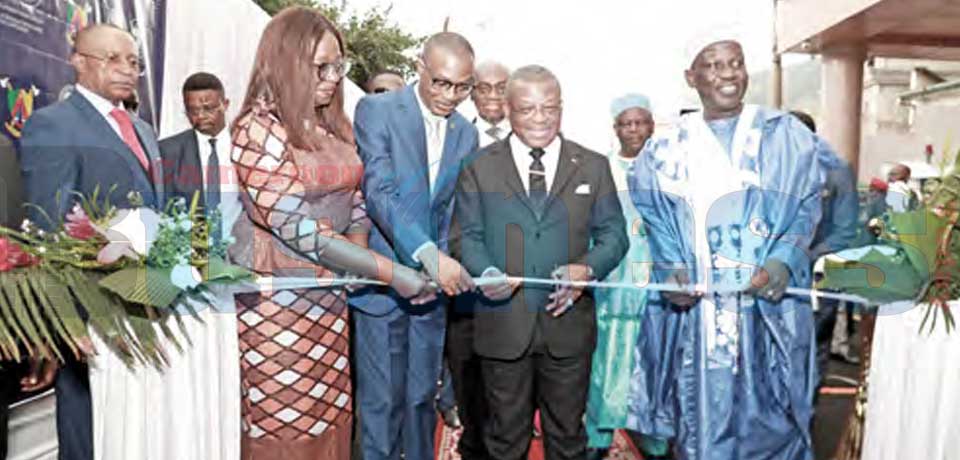
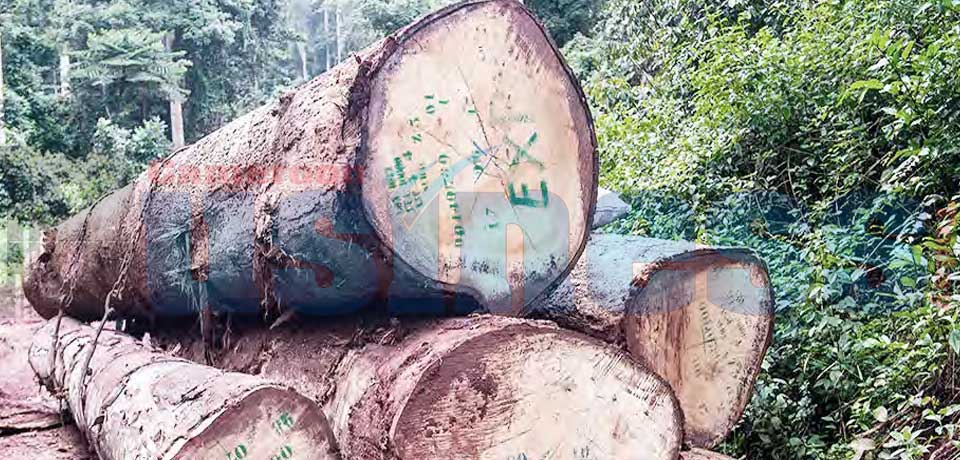
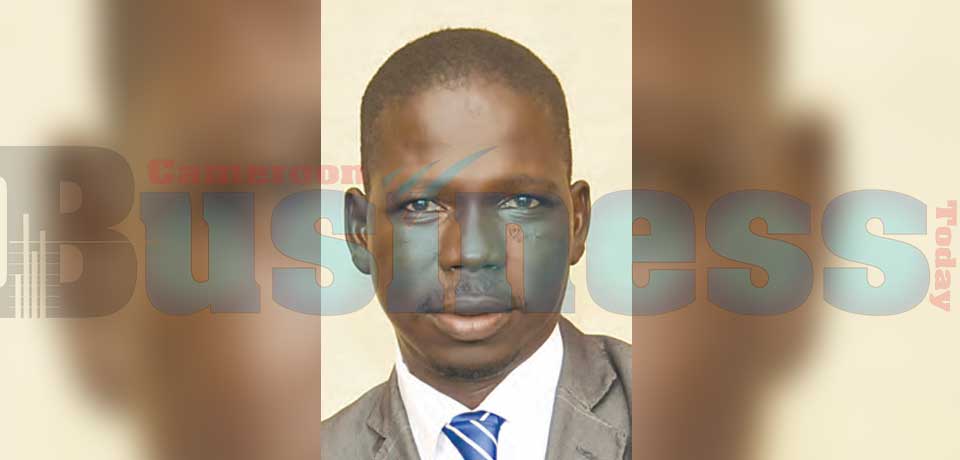
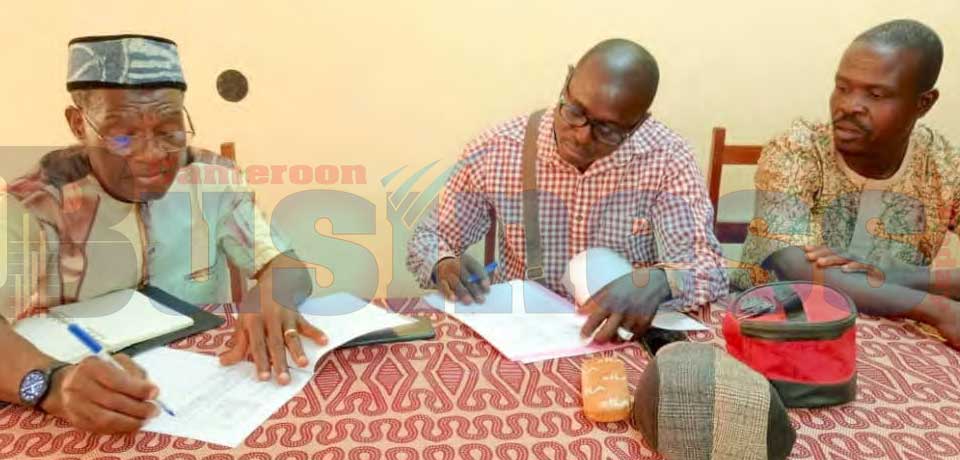
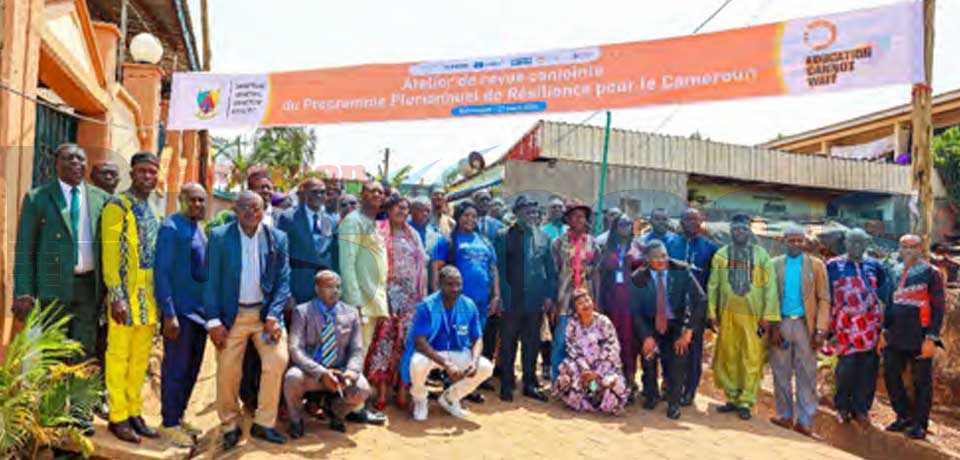
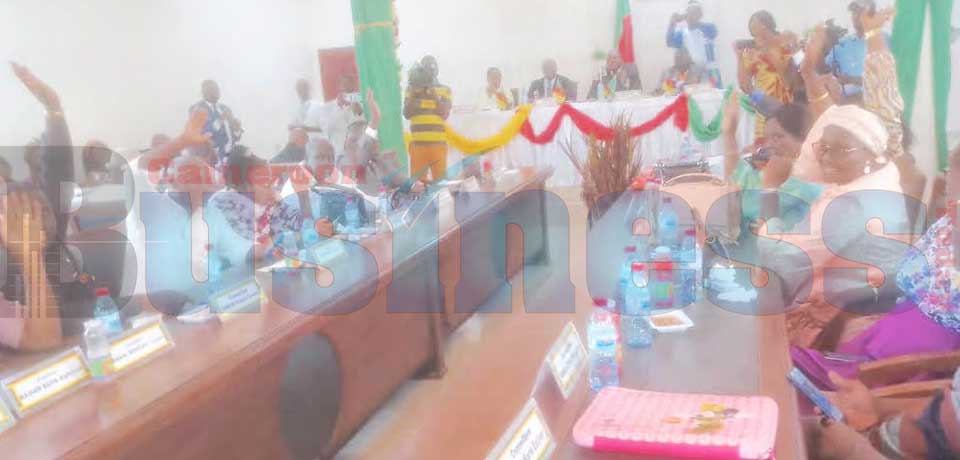

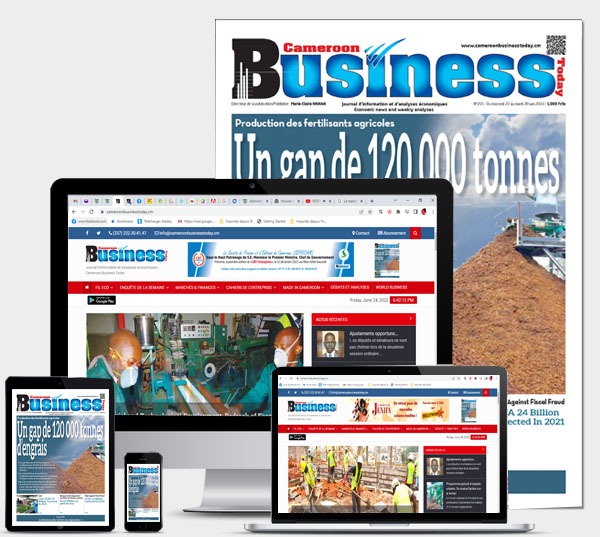


Commentaires